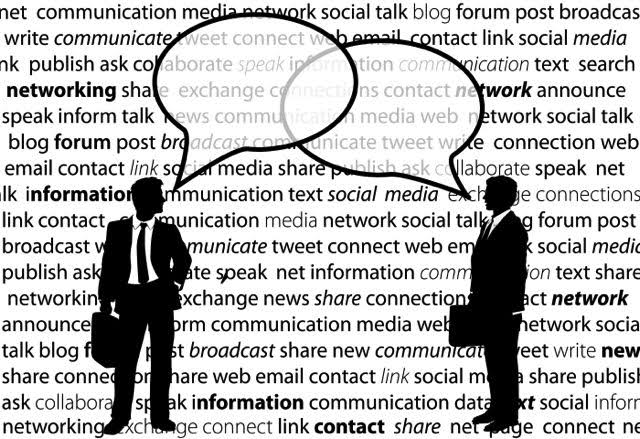

Importance of communication skills at home, office or overseas
By Francis Saldanha
Bellevision Media Network
-
You can have brilliant ideas, but if you can’t get them across, your ideas won’t get you anywhere!
20 Sep 2015: Your ability to communicate defines you as a person. You can be the most knowledgeable person around, but if you cannot share your ideas and if you cannot communicate, your knowledge may not mean much.
Good or effective communication skills are very important, both in a social circle as well as at the work place. Communication skills play a key role in our life in so many ways: Making a good first impression, expressing you very clearly and concisely, attracting audience to your ideas and presentations are some of the important ingredients of good communication. Making new friends and gaining confidence among your friends and peers and developing better relationships are quite important for one who seeks success in life. Negotiating for what you want at work or listening better so that others feel understood and valued, having meaningful and entertaining conversations, minimizing confusion and vagueness and becoming popular helps in broadening the network of friends and to build self-esteem and to become more successful. It is important to have effective communication skills and it is never too late to start anything, including improving your communications.
One of the main hurdles in adapting to a new place or becoming a part of the new culture is the difficulty of integrating into the new society. Our ability to effectively communicate with others is very important in adjusting to a new place or a new culture. In fact, our success or failure in any walk of life often depends on how well we communicate with others. Any business, any workplace, any relation, any family, any society is built around communication.

In the basic sense, communication takes place when two or more people share or exchange information, ideas, gossips, knowledge, etc. The main ways of communications include: verbal or oral communication which is the first and foremost in everybody’s life. This is where we talk and listen. The ideas are exchanged, the rumors are discussed, a mother sings a lullaby to the little one, and a leader delivers his / her vision to the followers.
Most of our daily communications are oral, unless you are a writer hiding in the basement, writing away your ideas or fantasies, waiting to be discovered. The oral communication almost always involves personal contact with the audience, with some exceptions such as talking on the phone.

This is the area the verbal exchange, where most of us struggle in a new place or in a new culture. The verbal communications are often different from place-to-place, even if the same language is spoken. Every place has its own ways of communicating: Written Communication is what literally everything is evolved around. Sending an email or text messages are relatively newer ways of written communication. Writing a paper or publishing your ideas on a web site are other more traditional examples. With popularity of email and texting and whatsAap, the written communication is becoming popular again, but in different ways more like a conversation than formal writings of olden days. When adapting to a new place or culture, written communication is easier to get used to if you have the knowledge of the language. For Indians, as we are used to writing in English back home in India, written communication is not as steep a hurdle as the verbal one due to very different accent and informal style of verbal communication.
Non-verbal Communication is where anybody can visualize from a distance. Yes, you can speak volumes through your body language. Your expressions can show if you like or dislike someone, if you are confused or just not paying attention.Every culture has its own rules or habits of body language. Making an eye contact, meaningful hand gestures and a genuine smile, yes, smiles are main part of body-language in every culture.


We tend to overlook the importance of communication because we all seem to be able to communicate without any special effort to learn ways of communication or in actually communicating. However, today’s world of complicated technology, big organizations, multiplicity of products and consumer preferences, and wide and varied markets, the amount and complexity of information to be exchanged and used has increased enormously. We need to communicate objective data to accomplish a task. In addition, we need to convey and elicit personalized subjective feelings and emotions for motivating people on work and deriving satisfaction from our work.
This makes communication a fairly complicated activity. To be able to communicate effectively and efficiently we need to design and implement effective communication systems. Also we need to develop skills of interpersonal communication to be effective as members of work groups.


As proven, practice makes a man perfect. Improving your communication skills is an art that comes with regular practice. No matter how intelligent you are, your communication skill is the only attribute that will help you to convince the person opposite to you or the audience in front of you. So it is important to make wise use of your words skillfully. An individual with excellent communication skills is an asset to every organization. No matter what career you plan to pursue learning to express yourself professionally in speech and in writing, will help you to get there.